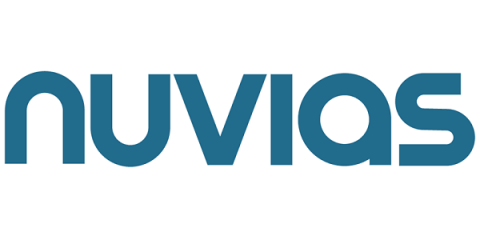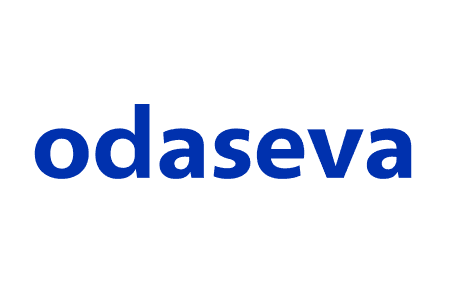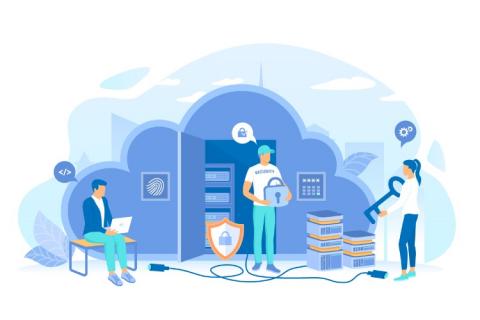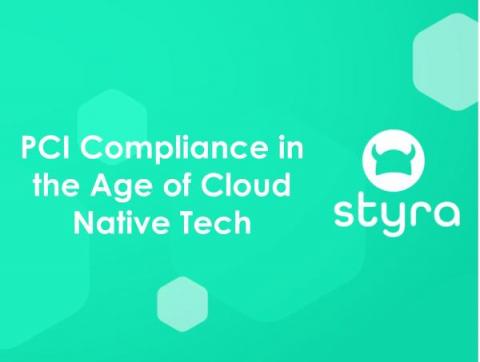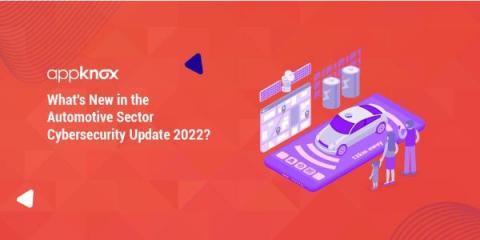Security | Threat Detection | Cyberattacks | DevSecOps | Compliance
Latest News
Tines sponsors ten more open source projects
Our activities around sponsoring Open Source are not just limited to projects we rely on; we have also been supporting those that are important to the general Cybersecurity ecosystem and beyond. We're in this for the long haul and the most recent set of projects covers a very wide scope. We want to help ensure that everyone has sustainable Open Source for many years to come. Let's tell you about these new projects and why you should be aware of them.
January Developer Roll Up
January’s update is a little late but it is only because we are really busy with lots of big things coming. One of things we are looking forward to in the near-term is a webinar with one of our oldest and most valued customers: Soteria - Security Solutions & Advisory Join us this Valentines Day as we recount cybersecurity’s greatest love story and explore how Soteria leveraged their expertise - and the LimaCharlie platform - to create a successful MDR/DFIR business.
Fast-Growing Distributor Nuvias Group Joins the Global Technology Distribution Council
Westcon-Comstor appoints Patrick Aronson as Chief Marketing Officer
Odaseva to Launch Privacy Solution, Solve Compliance Challenges for Enterprises using Salesforce
Fix the Broken State of Security with a "Security for all" mindset
Which cultural values empower businesses to thrive today? That's an open question, of course. But I suspect most employees, managers, and analysts would include items like collaboration, transparency, and creativity on the list of essential ingredients in business success. Indeed, you could argue that these values are at the core of a variety of modern organizational and technical innovations, from DevOps (which is all about collaboration) to open source software (which centers on collaboration and transparency) and the creator/maker movement (which is, of course, all about creativity).
Tetra Defense Joins Arctic Wolf to Transform Incident Readiness and Response
PCI Compliance in the Age of Cloud Native Tech
The Payment Card Industry Data Security Standard (PCI DSS) entered the scene back in 2004 with the rise of payment fraud. Created by leaders in the credit card industry, PCI DSS was developed to provide a baseline of technical and operational requirements designed to protect cardholder payment data and was commonly understood by those in the legacy security world.
What's New in the Automotive Sector Cybersecurity Update 2022?
With new threat actors appearing every day, cybersecurity is becoming increasingly crucial, particularly in the automotive industry. One of the most well-known applications of the internet of things is connected vehicles. In reality, with between 70 and 100 Electronic Control Units (ECUs) integrated into each vehicle, automobiles have evolved to become the key players in internet-of-things environments.





